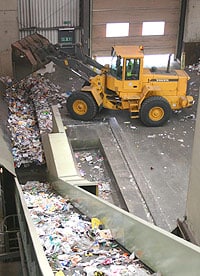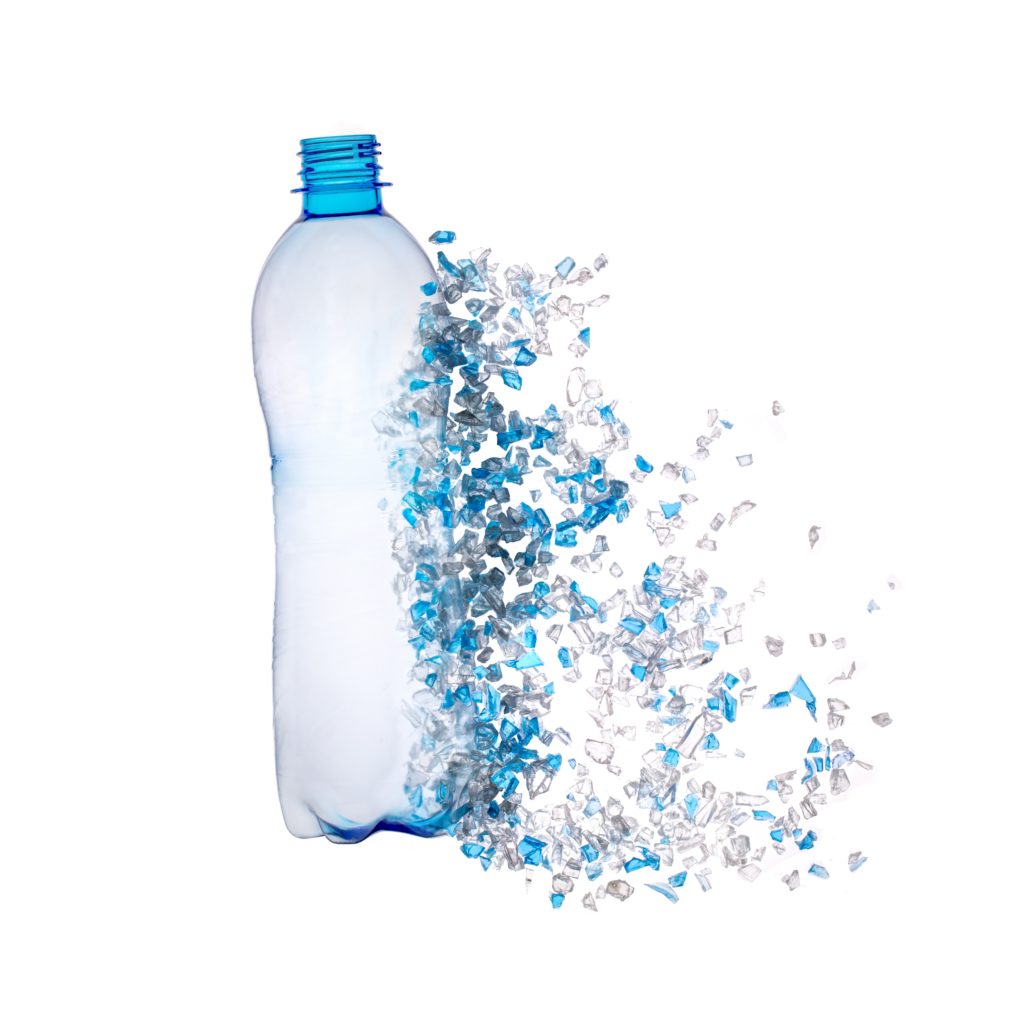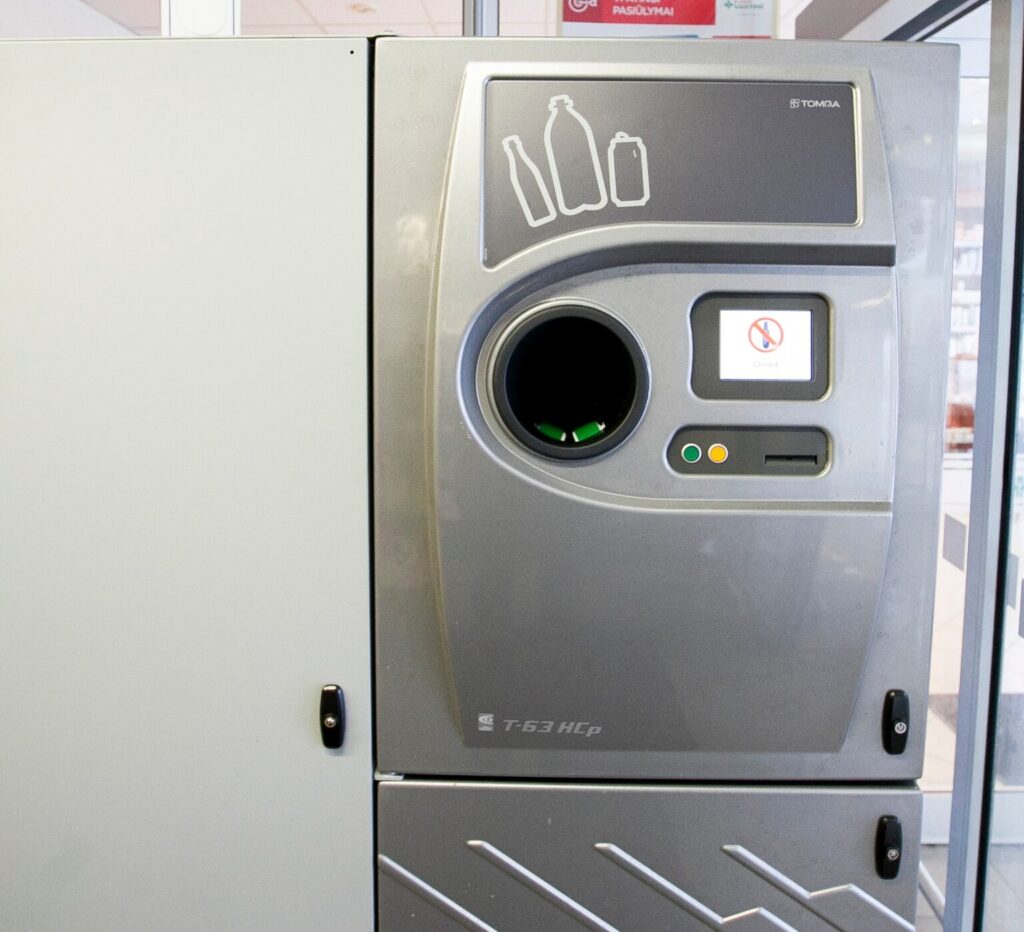The ESA, which represents the waste industry trade, said that the voluntary programme, known as the Recycling Registration Scheme, “should increase public confidence” in the process of recycling materials collected in commingled form.
 The Recycling Registration Scheme aims to boost public confidence in the recycling of materials collected in commingled form |
The scheme primarily covers recyclable materials collected from households and sorted at materials recycling facilities such as owned by ESA members such as Shanks, Veolia and Viridor. However, it will not set new standards on the quality of sorted material, “to allow for flexibility in the recycling market”, but it does set out a code of practice and an audit system to track material to its reprocessing destination.
The registration scheme has its roots in moves by the Environment Agency, industry and the Waste and Resources Action Programme, to try and get some common ground on standards for materials, particularly on the export front.
Original proposals for a single scheme, supported by the waste industry and the paper industry under the auspices of WRAP failed, and now separate programmes are being developed. The ESA schemes aims to cover both materials recycling facilities and export activities, ensuring they are in line with “good industry practice, including health and safety regulations”.
Exports
Recycling Registration Scheme members will have to make sure that materials which are shipped abroad, are in line with the international Green List rules, enforced by the Environment Agency, which require materials to be fully-separated and properly described on paperwork.
Under the scheme, recyclable material going abroad must be sent to recovery facilities operating to standards broadly equivalent to those set down by EU regulations.
Any companies wanting their facilities to be certified by the scheme must sign up with the scheme and undergo an inspection by independent waste management auditor Bureau Veritas.
ESA director Mike Walker said: “By tracking exported waste, it should improve confidence among the public and politicians, that this material is being recycled.
“And, it's really important that companies can demonstrate to local authorities and regulators that they are taking a responsible approach to recycling waste.”
While criticisms have been levelled at the process of collecting recyclable material commingled rather than source-separated – not least the recent Campaign for Real Recycling (see letsrecycle.com story), the ESA has decided against developing a standard for the sorting of recyclable material.
“We are not setting a specific standard because we are dealing with different materials,” Mr Walker explained. “All will be compliant with the Environment Agency's Green List and the standards set by manufacturers, once the material has been recycled.
“There will be different standards depending on the market, so we have to be flexible,” he added.
| Related links: |
A year-long pilot scheme involving nine MRFs, which are all operated by ESA member companies, finished at Christmas.
Mr Walker said the “results were encouraging”, as all the facilities were compliant with the EA's Green List, but he added that there was room for improvement, for example in administration management.










Subscribe for free